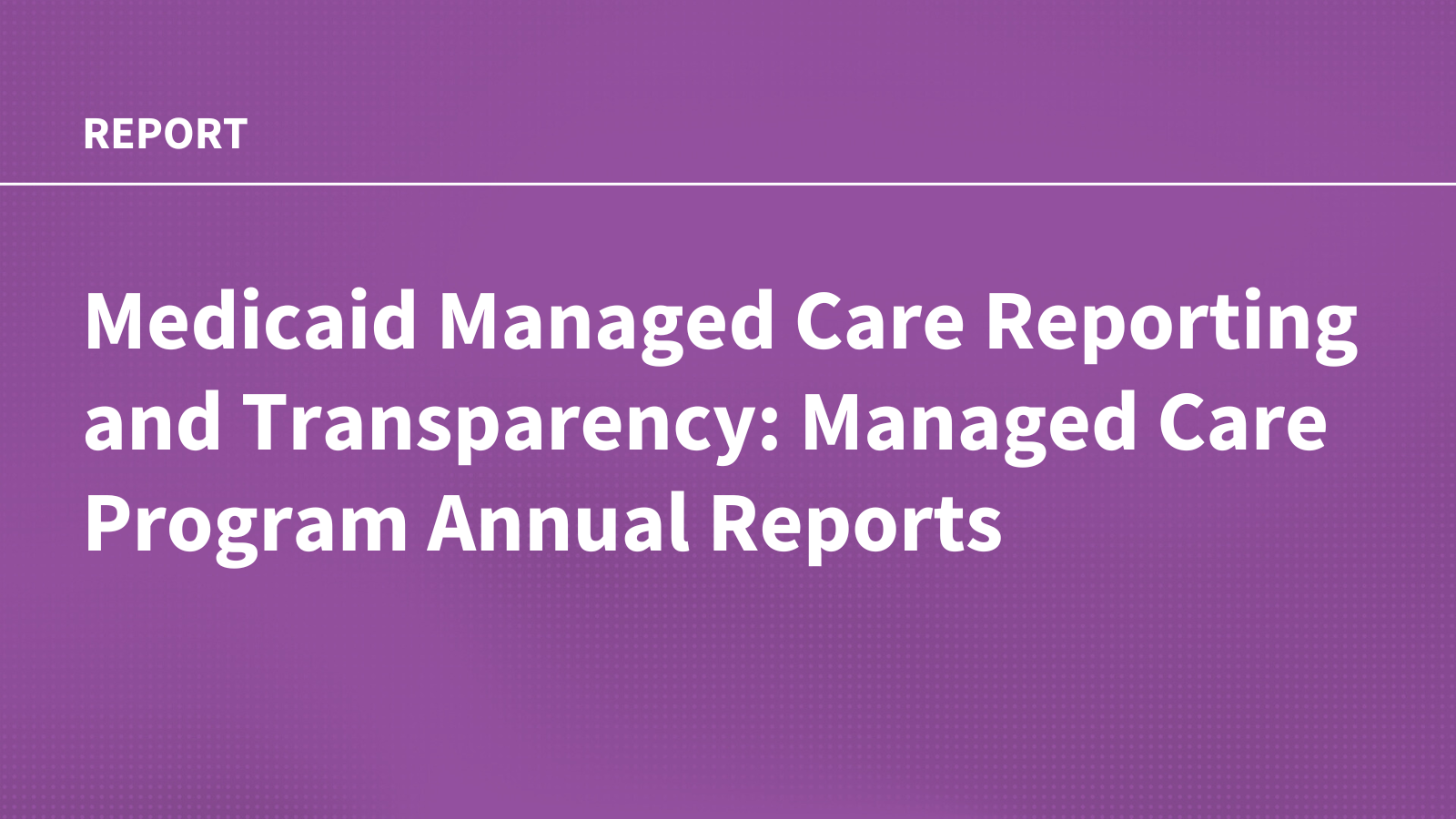Medical Technology in 2024 – Thoughts and Predictions for the Year Ahead
With the J.P. Morgan Healthcare Conference behind us, now is the ideal time to opine on what the future holds for the MedTech sub-sector in 2024.
See below for several thoughts and key takeaways on the general sentiment and outlook for MedTech this year. This is my personal view, which has been informed in part by a review of outlook-focused, long-form research from nearly two dozen MedTech sell-side analysts, discussions with many of the top institutional investors in healthcare, and (seemingly countless) meetings with investors, analysts, bankers and clients during the week of the J.P. Morgan Conference.
2023 proved to be another challenging year for the MedTech sub-sector
Despite a rally in the final months of the year, the Dow Jones U.S. Select Medical Equipment Index and the iShares U.S. Medical Devices ETF both underperformed the S&P 500 by 17 percent.
On the positive side, many companies finally emerged from the lingering impacts of the pandemic and experienced improvements in fundamentals. Strong procedure volumes (perhaps due in part to easier comps and pent-up demand), were combined with diminishing COVID-related headwinds, including staffing shortages and supply-chain related issues.
These improvements, however, were largely overshadowed by other investor concerns. While investors in the MedTech sub-sector have historically fixated on top-line growth, the interest rate environment heightened scrutiny of the bottom line and balance sheet. This was especially detrimental to small-cap growth stocks with a longer pathway to profitability and/or perceived balance sheet risk, and the environment led many to implement spending reduction initiatives (including restructurings, reductions in force and lowering R&D spend).
In the second half of 2023, investor concerns about the potential impact of GLP-1 drug adoption on MedTech patient and procedure volumes weighed heavily on the sub-sector. Heading into third quarter earnings season, it seemed as if many investors had adopted a “sell first; ask questions later” approach to dealing with the uncertainty surrounding GLP-1s and their potential impact on specific companies and industries.
As a result, despite improved fundamentals, few MedTech stocks were rewarded with strong returns in 2023.
After three consecutive years of underperformance relative to the S&P 500, sentiment for the MedTech sub-sector points to a potential inflection in 2024
With COVID-related headwinds essentially in the rear-view mirror, the prevailing expectation across the MedTech sell-side analyst community appears to be one of continued stability and healthy procedure volumes in 2024, which has been further bolstered by the recent wave of positive pre-announcements coinciding with the J.P. Morgan Healthcare Conference.
While many sell-side analysts expect top-line growth for the MedTech sub-sector to decelerate in 2024 vs. 2023 (due in part to tougher year-over-year comparisons for many companies in the first half of the current year), performance is largely expected to exceed long-term historical trends.
Now that the dust has settled on Q3’23 earnings, there appears to be a growing consensus that the potential impact of GLP-1 drug adoption on the MedTech sub-sector is likely to be less immediate, and less material, than previously feared. In all likelihood, Wall Street will remain focused on data readouts from the many ongoing clinical trials related to GLP-1s, but the general sense is that investor concerns related to GLP-1s will be significantly less of a headwind in 2024 in comparison to the second half of 2023.
With a potential recession looming, the ongoing interest rate environment, and the presidential election cycle ramping up, there are plenty of signs that 2024 could be a tumultuous year for markets overall. With that said, MedTech may be well-positioned in this environment, relative to many other sub-sectors. Demand for medical devices and related accessories, especially those used in more acute procedures, tends to be less discretionary and more insulated from changes in consumer purchasing patterns. MedTech company performance is also likely to be bolstered if rates decline and the financing environment improves throughout the year. With respect to political risk, MedTech tends to be less frequently targeted by campaign rhetoric in comparison to other areas of the Healthcare sector, like pharmaceuticals, and the sub-sector has generally performed well during election years.
Regardless of the environment we face, growth in the sub-sector has been driven historically by innovation, and the recent pace of medical device regulatory approvals (including both FDA premarket approvals and 510(k) clearances) appears higher relative to historical averages.
All of this supports the view of MedTech as a potential “defensive play” for institutional investors in 2024, especially if we enter a recessionary environment.
If the sub-sector is ultimately favored by investors in 2024, MedTech companies should not expect to be rewarded equally
Potential balance sheet risk and organic, top-line growth prospects will likely remain top-of-mind for the investment community. Beyond this, companies with the potential to drive growth regardless of the state of the broader environment will be better positioned for outperformance and should command higher multiples. This includes both companies with low exposure to elective and deferrable procedures, as well as those that have new products/catalysts with the potential to drive growth that is less tethered to industry procedure trends.
Regardless of the environment we face in 2024, companies that excel in communicating with the investment community thoughtfully, helping investors to understand and appreciate the potential opportunities while setting expectations that appropriately account for potential areas of uncertainty, will continue to have the edge over those that do not, especially when it comes to longer-term performance.
The stage is set for another interesting year in 2024. Here’s hoping that MedTech will buck the recent trend and emerge as a relative outperformer.
Interested in a more detailed conversation on this topic and its implications for your company? Get in touch.
Publisher: Source link










